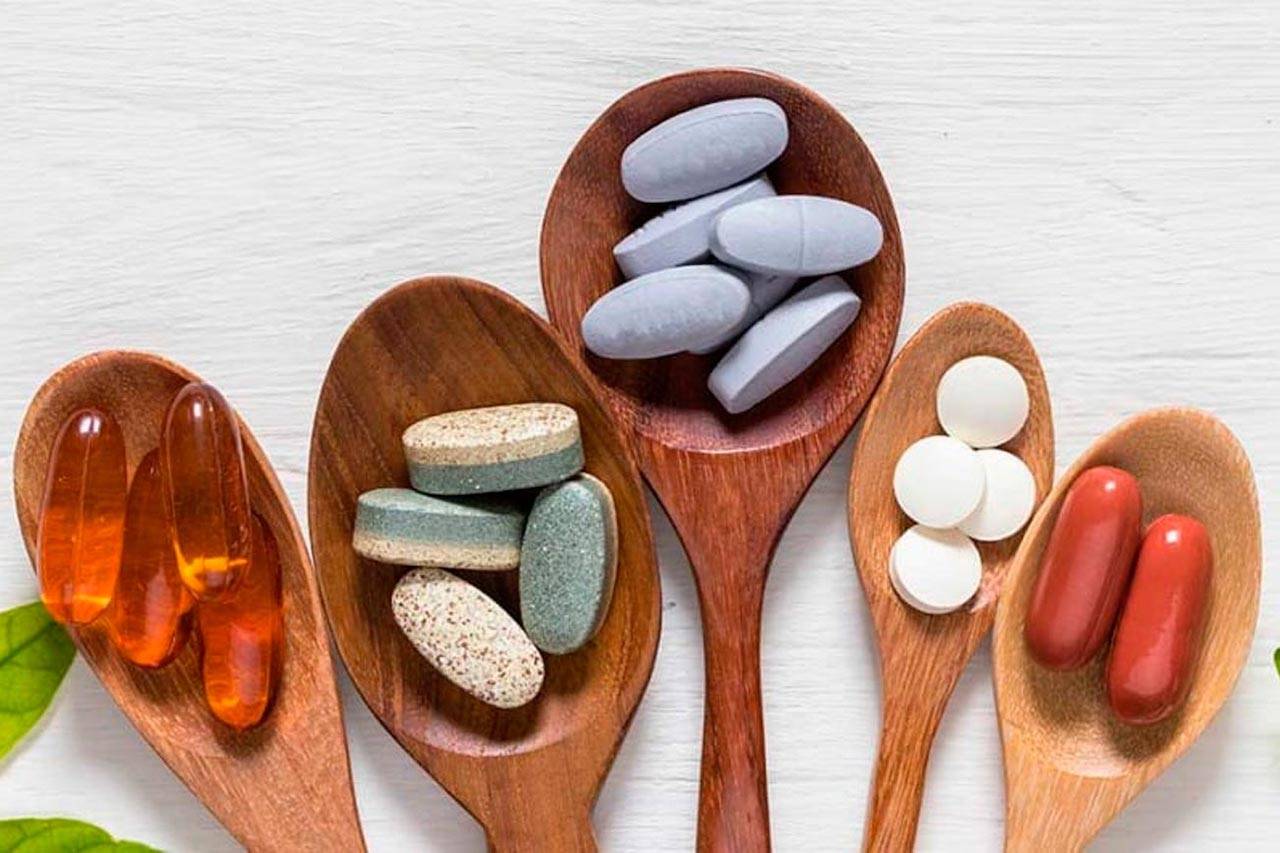
Eating a variety of probiotics and prebiotics helps to maintain a healthy gut microbiota by ensuring that these bacteria are in the right balance. Probiotics are edible sources of healthy germs, whereas prebiotics are foods that stimulate the growth of good gut bacteria. Prebiotics are types of fiber that provide healthy gut bacteria in the diet, while probiotics are beneficial live bacteria that contribute to human health. Our list of prebiotic and probiotic foods should enlighten you on what foods to include in your diet to improve your gut health.
Probiotics cannot thrive without prebiotics, as consuming probiotic foods and prebiotic fibre helps ensure healthy bacteria are safely delivered to the gut and provides them with a food source that converts into beneficial organic compounds. Prebiotics can be found in foods such as avocados, whole grains, and onions, or they can be purchased as supplements. Fermentable fibre in prebiotic fibre supplements offers food for healthy bacteria like lactobacilli and bifidobacteria.
Although they are available as dietary supplements, there is no need to use tablets, potions, cleansers, or other specialty blends to incorporate prebiotics and probiotics into your daily diet. As a result, increasing your consumption of prebiotic meals provides you with the health advantages of the other nutrients they contain. Prebiotic foods include vegetables and high fiber foods that are typically lacking in the American diet. Prebiotic foods are rich in special types of fiber that support digestive health.
As dietary fiber, they help the microorganisms in our gut to grow and are often taken to maximize the benefits of probiotics. Like prebiotics, probiotics can be obtained from either diet or supplements. Share on Pinterest Probiotics, like yogurt, can promote digestive health.
Prebiotics can also help with common digestive problems such as bloating and constipation, increase the bioavailability of minerals, and even promote feelings of fullness and weight loss. Prebiotics also help improve overall digestion and reduce the risk of leaky gut, candida virus, IBS, and other gut problems. Prebiotics help to promote gut microbes, which has health advantages for the immune system, digestion, metabolism, mental health, and mineral absorption. Prebiotics are components of food that are not digested and are believed to promote health through their interactions with gut bacteria.

Prebiotics are substances found primarily in plant foods that provide food for beneficial bacteria in the intestines. Prebiotics improve the gut environment by promoting the growth of probiotics and a healthy balance of bacteria. Basically, probiotics introduce new bacteria into the system, while prebiotics feed the bacteria already in the gut.
Gut bacteria need food to survive and function, and prebiotics are the perfect way to feed them. You might not realize that like all organisms, these healthy bacteria that inhabit your gut need to be fed, and their superfood is prebiotics. Prebiotics are essentially nourishment for the beneficial bacteria in our intestines, helping them to flourish.
Probiotics are “good” bacteria, or live cultures, such as those found naturally in the intestines. Probiotics vary from other supplements in that they include living organisms, mainly bacterium strains, that boost the population of beneficial bacteria in the gut. Both prebiotics and probiotics enhance digestion by assisting the body in the creation and maintenance of a healthy colony of bacteria and other microorganisms that nourish the intestines.
In other words, prebiotics are the fuel that probiotics use to regulate normal bowel function. Purdy defines prebiotics as plant fibres that are not digested by the body and instead go to the lower digestive tract, where they provide a delightful feast for your healthy bacteria. Since we cannot digest these carbohydrates, they travel through our lower digestive tract, where they become a food source for healthy bacteria, acting as fertilizers, helping them grow.
Prebiotics and probiotics can both help the gut’s beneficial bacteria and other organisms thrive. Prebiotic supplements can be taken regularly to help increase and direct the growth of good bacteria in the gut. Prebiotic foods are also known to support a healthy metabolism and support overall good health.
Because they include both helpful bacteria and a prebiotic form of fibre that bacteria may feed on, several of these foods can also be termed synbiotic. Probiotics can also be found in bacteria-fermented foods like sauerkraut, kombucha, and kimchi. Prebiotics, indigestible fibres that function as fertilisers to aid the growth of beneficial bacteria, are just as vital as probiotics.
Prebiotics were more likely to increase the abundance of bifidobacteria, a type of beneficial bacteria that probiotic supplements often target, but they also appeared to increase the abundance of various other beneficial bacteria to the host. The benefits of prebiotics are not limited to humans: they can also be used in calves, poultry and even farm-raised fish to promote growth and reduce respiratory and intestinal diseases. Since prebiotics are indigestible fiber (carbohydrate), they are found in many plant foods that provide good nutrition. Therefore, the recommended intake of dietary fiber can provide prebiotic nutrition.
Prebiotics with “health benefits” are emphasised in all regulatory and scientific classifications. Scientific and regulatory definitions of prebiotics vary widely, although the health benefits of these compounds are generally recognized due to their ability to be fermented by the gut microbiota.
Nutritional research has identified certain functional ingredients in foods that can improve health, and prebiotics and probiotics are two of these. When added to many foods, including yogurt, cereals, breads, biscuits, ice cream, spreads, beverages, and supplements, prebiotics can be considered a subcategory of functional food ingredients.







